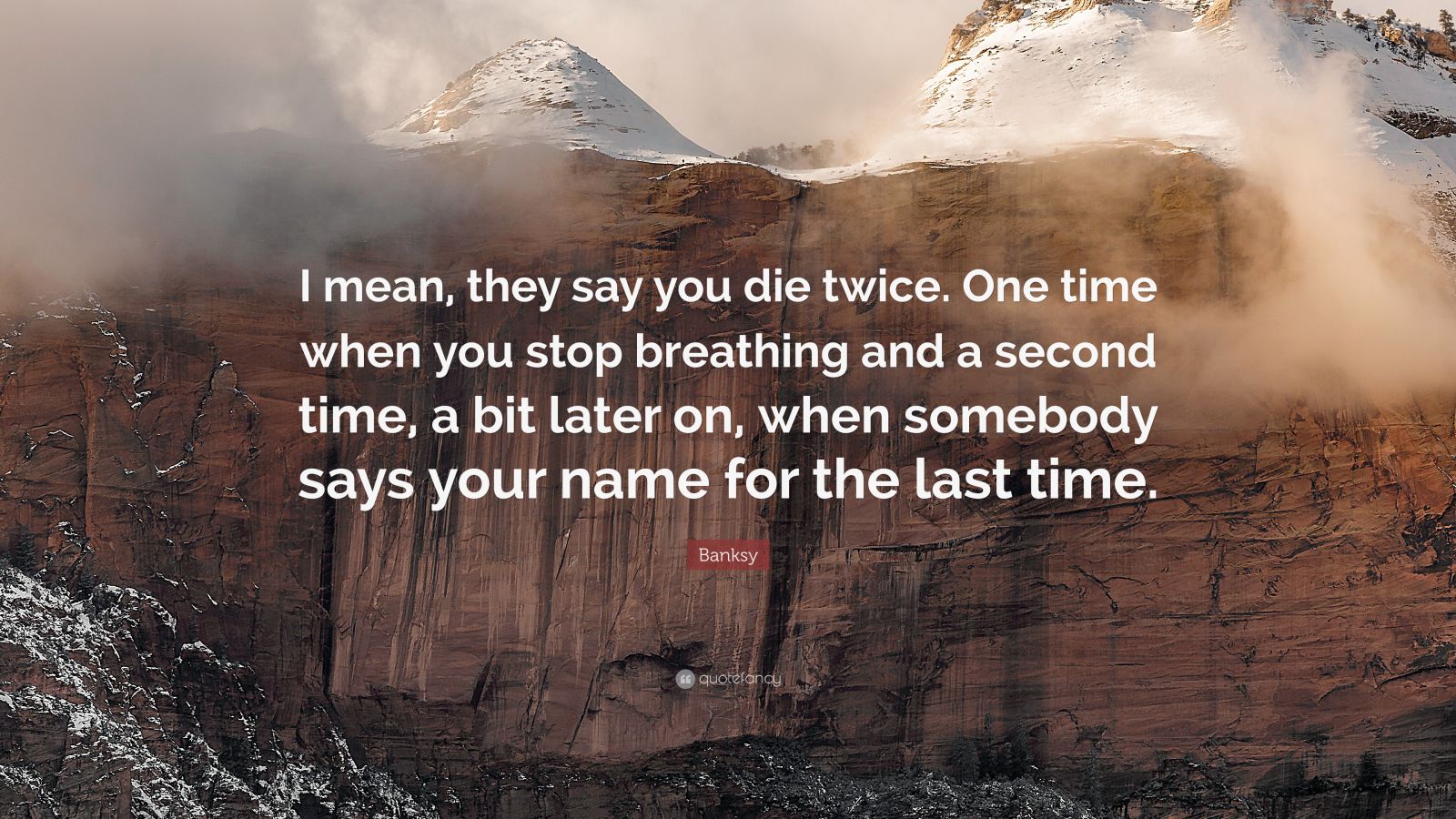The **Bahá’í teachings** offer a profound perspective on life and the afterlife, urging us to consider the question: “What will they say when you die?” This inquiry, although seemingly playful, traverses into the depths of spiritual and existential significance. It prompts us to reflect on how we lead our lives and the legacies we leave behind. In this article, we shall explore the Bahá’í view on death, life after death, and the importance of character in shaping how we are remembered.
To commence with, the Bahá’í teachings encapsulate the notion of life as a journey of spiritual development. According to these teachings, earthly existence is transient, a mere prelude to the eternal life that follows. This bifocal perspective compels adherents to ponder not merely the cessation of life but the essence of their spiritual evolution within this temporal framework. How we engage with others, the virtues we cultivate, and the intentions behind our actions become paramount in assessing our legacy.
The concept of “death” within Bahá’í theology does not embody an end in the conventional sense. Instead, it is envisioned as a transformation—a passage from one state of existence to another. The Holy Writings articulate that the physical form may perish, yet the soul persists and transcends the corporeal realm. This manifestation of the soul is critical when pondering the question of what will be said of us posthumously—our character and virtues will echo in the perceptions of others long after our physical demise.
Further delving into the teachings, Bahá’ís are encouraged to lead lives marked by service, love, and unity. The encompassing directive of “service to humanity” serves as a lodestar for behavior, positing that the contributions one makes to the welfare of others ultimately shape how they will be remembered. In this mosaic of human experience, the impact of one’s actions reverberates within the hearts and minds of those left behind. Will they speak of kindness? Of integrity? Or will there be echoes of unfulfilled potential?
In contemplating the afterlife, the Bahá’í faith provides comforting insights that challenge the often-dreaded fear associated with death. Rather than a judgmental process characterized by the traditional dichotomy of heaven and hell, Bahá’í ideals frame the afterlife as a continuum of spiritual progression. Souls are believed to advance towards states of greater proximity to the divine. This perspective invites individuals to consider their lives as a preparatory phase for an eternal journey, thereby altering the fabric of what it means to truly live. It becomes a playful twist: living with the acknowledgment that we have an eternal audience that will ascertain our worth through the effects of our actions.
Moreover, there exists a unique challenge embedded within this framework. The Bahá’í teachings assert that one must *actively strive* for spiritual and moral excellence. The question resurfaces: what legacy will your soul impart? One must engage in self-examination, scrutinizing motivations and behaviors that may not align with the higher virtues espoused by the faith. The realization that one’s actions are interwoven into a greater tapestry of humanity adds gravity to how one navigates life’s complexities.
The emphasis on community in Bahá’í principles also merits attention when discussing what will be said upon one’s passing. Each individual is an integral thread in the communal fabric, reinforcing the idea that personal conduct affects the collective harmony. It beckons the inquiry—will your community remember you as an agent of unity, or will discord and strife overshadow your contributions? The calls for mutual respect, understanding, and collaboration are foundational, and thus, their manifestation in individual lives is vital for an affirmative posthumous narrative.
With a distinct emphasis on continuous learning and growth, the Bahá’í teachings advocate for the perpetual cultivation of virtues such as forgiveness, justice, and humility. The reflective nature of these teachings suggests that as souls transition beyond this world, they carry with them the essence of acquired knowledge and moral rectitude. Thus, it becomes apparent that the question of “What will they say when you die?” extends beyond mere recollections; it encapsulates the lifelong journey of evolving into a conscientious and loving person.
The teachings also highlight the power of intention behind actions, underscoring that it is not solely the act itself that defines an individual’s legacy but the underlying motivations driving those actions. When considering how one will be remembered, it is imperative to inquire: what were the intentions underlying your interactions? Did your endeavors stem from a genuine desire to uplift and serve, or were they self-serving? The sincerity of one’s motivations emerges as a focal criterion in the remembrance of an individual, dictating whether the memory is tainted or cherished.
In conclusion, the Bahá’í perspective on death and the afterlife challenges us to engage in a thoughtful examination of our lives. Death is not to be feared but understood as a gateway to an everlasting journey that invites reflection on how we wish to be remembered. The legacies we leave behind are forged in the fires of our character, choices, and contributions to the communal fabric of humanity. Ultimately, the question, “What will they say when you die?” serves as a poignant reminder to live purposefully, cultivating the virtues that resonate with the ideals espoused by the Bahá’í faith.
